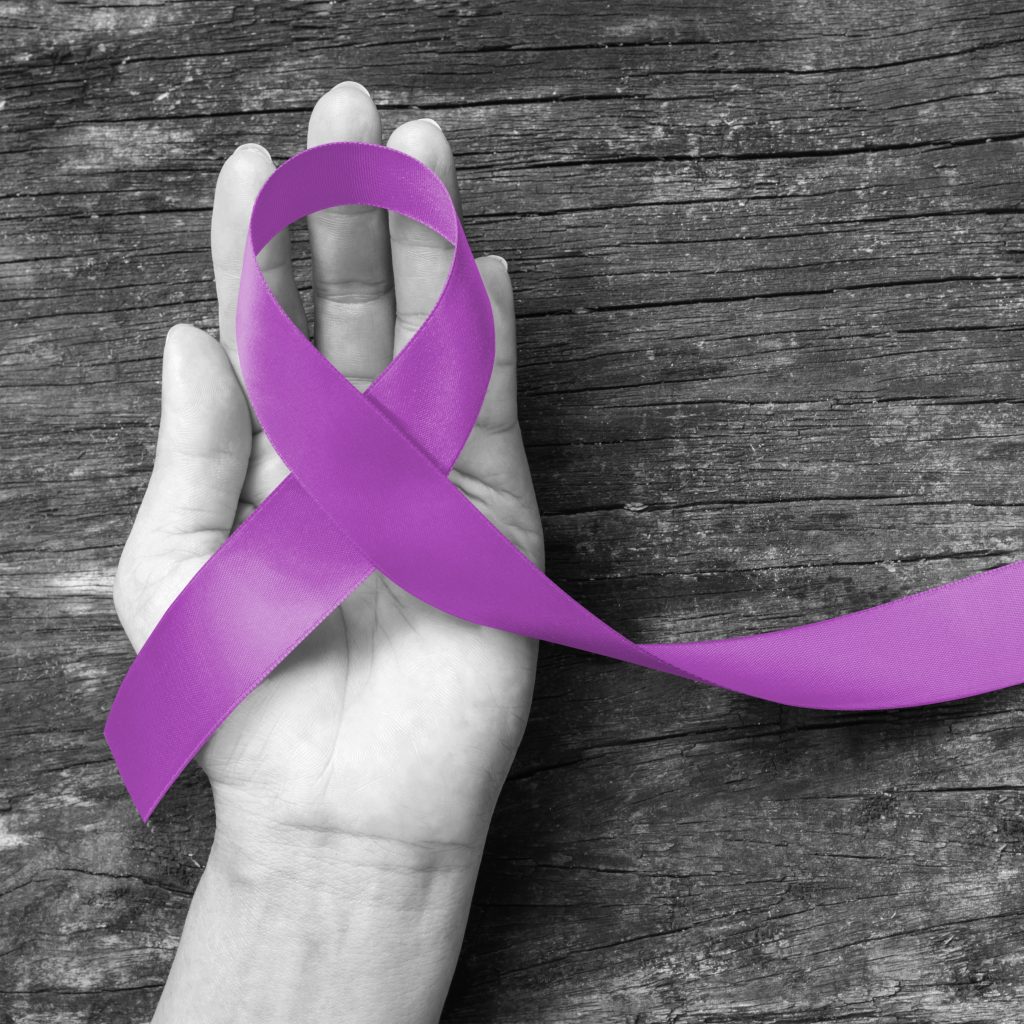National Recovery Month: Helping Those in Need
 Every September, the Substance Abuse and Mental Health Services Administration (SAMHSA) sponsors Recovery Month to increase awareness and understanding of mental and substance use disorders and celebrate those in recovery (www.recoverymonth.gov).
Every September, the Substance Abuse and Mental Health Services Administration (SAMHSA) sponsors Recovery Month to increase awareness and understanding of mental and substance use disorders and celebrate those in recovery (www.recoverymonth.gov).
At Fellowship Hall, we work to dispel the stigma surrounding substance use disorder: no one is immune to this disease. It impacts those using, as well as friends and loved ones and can be incredibly daunting and confusing to navigate.
Do you have a loved one or friend struggling with substance use disorder? Here are 4 things you can do to help:
GET EDUCATED
The most empowering thing that you can do is to educate yourself about the disease. There’s endless resources on www.aa.org, www.na.org, and support specifically for friends and loved ones on www.al-anon.org, www.nar-anon.org The more you know about the disease, the better you can support someone who is struggling. If someone you love is in active danger or in a situation that you believe to be a medical emergency, call 911 immediately before proceeding.
PRACTICE EMPATHY
Being empathetic is achievable without being an enabler. The disease often drives individuals to do things incredibly out of character. Your loved one may be lying to you, lashing out, and making your life feel overall unmanageable. During these times, demonstrating empathy may be the last thing you want to do, however, it is one of the most tactful ways to encourage your loved one to seek treatment while preserving your own sanity. Substance use disorder changes our loved ones, and addressing these changes is necessary to their health and safety as well as our own.
Being empathetic includes:
- Avoiding judgement
- Avoiding criticisms
- Addressing issues in a non-confrontational way
- Showing concern
- Providing solutions without pushing
- Meeting them with love and compassion
PRACTICE SELF-CARE AND SET BOUNDARIES
You cannot help someone else get better if you aren’t taking care of your own personal well-being first. Caring for or loving someone suffering from substance use disorder can be taxing on our physical, emotional, and mental health. Utilize support networks such as Al-Anon or Nar-Anon. Talk to a counselor or professional about what you’re going through, and prioritize your health first. Remember, you are not responsible for your loved one’s disease. Set boundaries with this individual and yourself. Make them aware of said boundaries, and hold them accountable. Boundaries can include:
- Not allowing them to be in your space if they are drinking or using
- Walking away from a conversation that becomes argumentative
- Not giving the individual money
COMMUNICATE EFFECTIVELY
If it were as easy as telling someone to “go get help,” no one would suffer from substance use disorder. The individual has to accept that they are sick and want to get better before treatment can be effective. This is not something you can force anyone into doing. Denial will protect them from realizing that they are sick or that they need help. You can only try to lead them to acceptance with effective communication. This may include:
- Asking questions that encourage open conversation and reflection instead of making statements that may come across as accusatory.
- Communicate the way the individual’s actions make you feel with stern compassion. This means you are owning your own individual feelings, while making sure that they know you will not tolerate actions or words that cross your personal set boundaries.
- Make sure the individual knows that you are willing to help them seek proper treatment and eager to support them in doing so.
Ultimately, you must remember that you cannot control those in need of treatment, in most circumstances, you can only encourage them to seek proper treatment. Be strong and be patient. For the sick individual, getting well can be a long and arduous process, but it will be one of the most rewarding things they ever do for themselves. If your loved one is interested in seeking treatment at Fellowship Hall, please visit https://fellowshiphall.com/admissions.
***
For more information, resources, and encouragement, “like” the Fellowship Hall Facebook page and follow us on Instagram at @FellowshipHallNC.
About Fellowship Hall
For 50 years, Fellowship Hall has been saving lives. We are a 99-bed, private, not-for-profit alcohol and drug treatment center located on 120 tranquil acres in Greensboro, N.C. We provide treatment and evidence-based programs built upon the Twelve-Step model of recovery. We have been accredited by The Joint Commission since 1974 as a specialty hospital and are a member of the National Association of Addiction Treatment Providers. We are committed to providing exceptional, compassionate care to every individual we serve.
